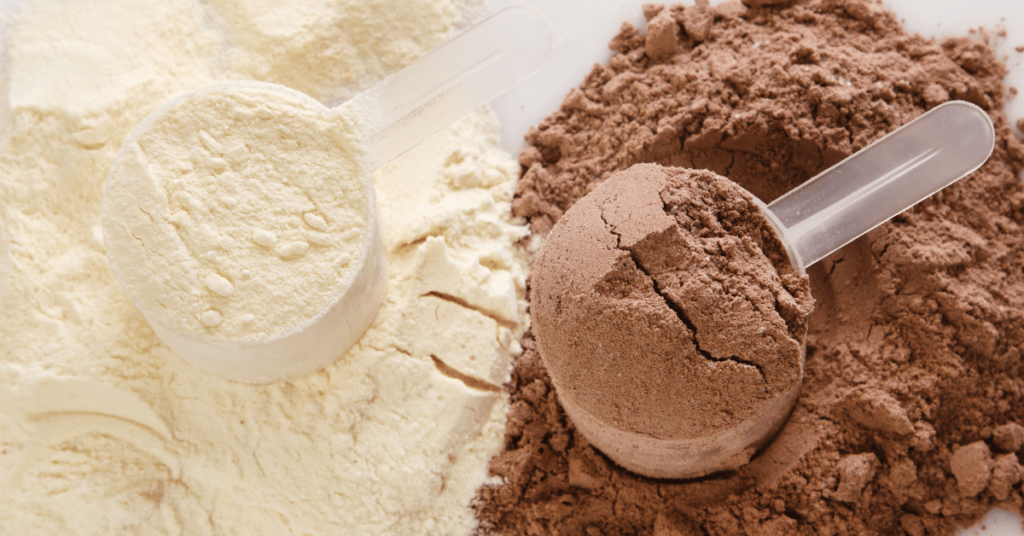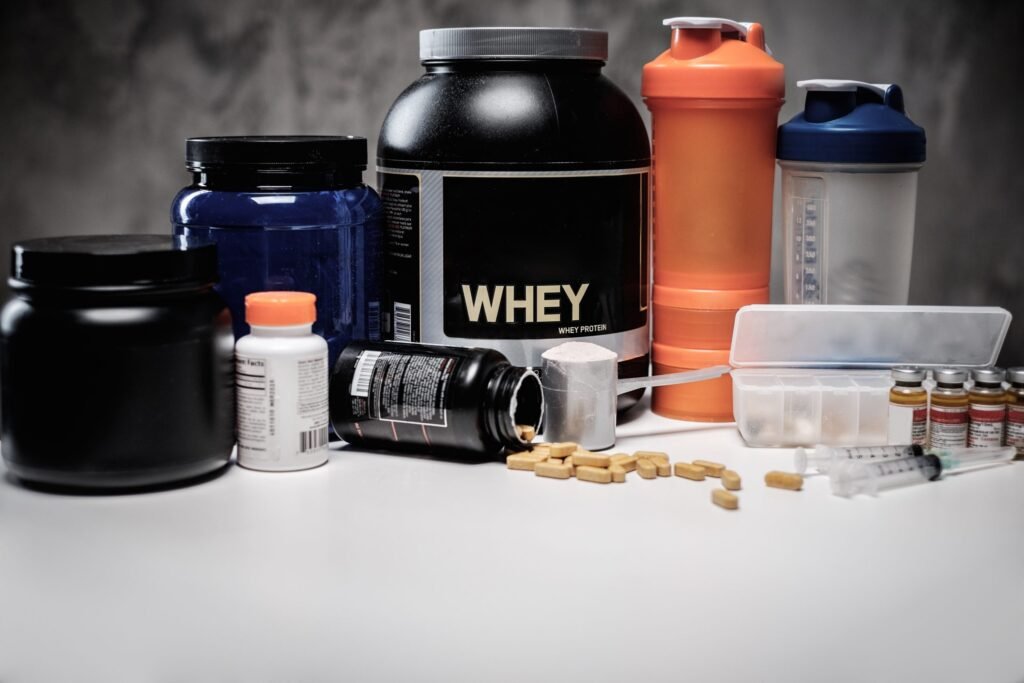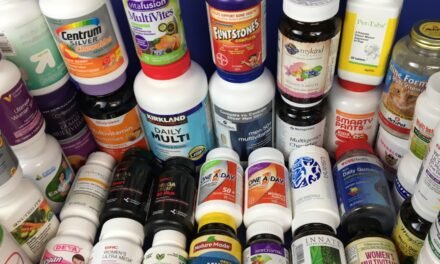introduction
Muscle recovery supplements are designed to support faster healing, reduce soreness, and enhance muscle growth after intense workouts.Muscle Recovery plays a crucial role in every fitness regimen. Whether you’re an athlete, a weightlifter, or simply someone who works out regularly, your muscles need time and nutrients to repair themselves after intense exercise. This is where muscle recovery supplements come in. These supplements are designed to support the body’s natural recovery process, helping to reduce soreness, prevent injury, and promote muscle growth. In this article, we’ll explore the most popular muscle recovery supplements, how they work, and whether they’re worth incorporating into your routine.
Why Is Muscle Recovery Important?
When you exercise, particularly during strength training or high-intensity workouts, you create tiny tears in your muscle fibers. This damage is necessary for muscle growth, but it also leads to soreness and fatigue. Muscle recovery allows the body to repair these tears, making the muscles stronger and more resilient.
Without proper recovery, you risk overtraining, which can lead to injury, prolonged soreness, and a decrease in performance.
Common Muscle Recovery Supplements
There are several supplements available that claim to aid in muscle recovery. Some of the most commonly used options include:

1. Protein Powders
Protein is crucial for muscle repair and growth. After exercise, your muscles are primed to absorb amino acids, the building blocks of protein. This is why many athletes and fitness enthusiasts consume protein powders like whey, casein, or plant-based options (pea, soy, etc.) post-workout.
Whey Protein:
One of the most commonly used protein powders, whey is quickly absorbed, making it ideal for post-workout recovery.-
Casein Protein:
Casein is a slower-digesting protein, which can be beneficial for overnight recovery as it provides a steady release of amino acids while you sleep.
Plant-Based Protein:
For those who prefer plant-based options, proteins like pea, soy, and hemp can provide the necessary amino acids for muscle repair.
How It Helps:
Protein powders provide a convenient way to meet your daily protein needs, especially post-workout when your muscles need it most for recovery and growth.
2. Branched-Chain Amino Acids (BCAAs)
BCAAs consist of three key essential amino acids: leucine, isoleucine, and valine.These amino acids play a key role in muscle protein synthesis, which is the process that repairs and builds muscle tissue. BCAAs are often taken as a supplement during or after workouts to reduce muscle soreness and fatigue.
How They Help:
BCAAs are quickly absorbed by the muscles, helping to reduce exercise-induced muscle damage and soreness, particularly during intense or prolonged training sessions.
3. Creatine
Creatine is one of the most researched and effective supplements for increasing muscle strength and performance. It works by increasing the body’s store of phosphocreatine, which is used to produce ATP (adenosine triphosphate), the primary energy source for short bursts of high-intensity exercise.
How It Helps:
By improving energy production during exercise, creatine can enhance workout performance, allowing you to lift more weight or perform more repetitions. Additionally, creatine helps with muscle hydration, which is important for recovery and growth.
4. Glutamine
Glutamine is an amino acid that plays a key role in muscle recovery and immune function. During intense exercise, the body’s glutamine levels can become depleted, which may slow down recovery. Supplementing with glutamine can help replenish these levels, supporting muscle repair and reducing recovery time.
How It Helps:
Glutamine aids in muscle repair and helps maintain a healthy immune system, which is important for overall recovery and preventing illness during periods of intense training.
5. Omega-3 Fatty Acids
Omega-3 fatty acids, found in fish oil and other sources, have anti-inflammatory properties that can help reduce muscle soreness and improve recovery. Inflammation is a natural response to exercise, but excessive inflammation can hinder recovery and lead to prolonged soreness.
How It Helps:
By reducing inflammation, omega-3 fatty acids can help minimize muscle soreness after exercise, allowing for faster recovery and improved performance in subsequent workouts.
6. Magnesium
Magnesium is a mineral that plays a role in muscle relaxation, nerve function, and energy production. Many people are deficient in magnesium, which can lead to muscle cramps, fatigue, and poor recovery.
How It Helps:
Supplementing with magnesium can help improve muscle relaxation, reduce cramping, and enhance overall recovery, particularly for athletes who experience muscle cramps post-workout.
Do You Need Supplements for Muscle Recovery?

While muscle recovery supplements can be helpful, they are not absolutely necessary for everyone. The most important factors for muscle recovery are proper nutrition, hydration, rest, and sleep. For individuals who meet their nutritional needs through a balanced diet, recovery supplements may not provide significant additional benefits.
However, for those who engage in intense training, have specific fitness goals, or struggle to meet their nutritional needs through food alone, muscle recovery supplements can be a convenient and effective way to support the recovery process.
How to Use Muscle Recovery Supplements
If you decide to incorporate muscle recovery supplements into your routine, it’s important to use them correctly:
Timing:
Protein powders, BCAAs, and creatine are most effective when taken shortly after a workout, within 30 minutes to an hour. Omega-3s and magnesium can be taken at any time of the day, depending on your preference.
Dosage:
Follow the recommended dosages on the supplement packaging. Taking too much of certain supplements, such as creatine or glutamine, may not provide additional benefits and could cause side effects.
Consult a Professional:
If you’re unsure about which supplements are right for you, it’s always a good idea to consult with a healthcare professional or a nutritionist to create a plan tailored to your individual needs.
Conclusion
Muscle recovery supplements can play a supportive role in your fitness journey, helping to reduce soreness, enhance recovery, and promote muscle growth. Popular supplements like protein powders, BCAAs, creatine, and omega-3s are widely used by athletes and fitness enthusiasts alike. It’s crucial to keep in mind that supplements are only one part of the equation.A well-balanced diet, proper hydration, rest, and sleep are the foundations of effective muscle recovery. Use supplements wisely, and you’ll be on your way to faster recovery and improved performance.
must watch 👀👎 this link👇👇👇
Best Multivitamin for Women Over 40: How to Choose the Right One





